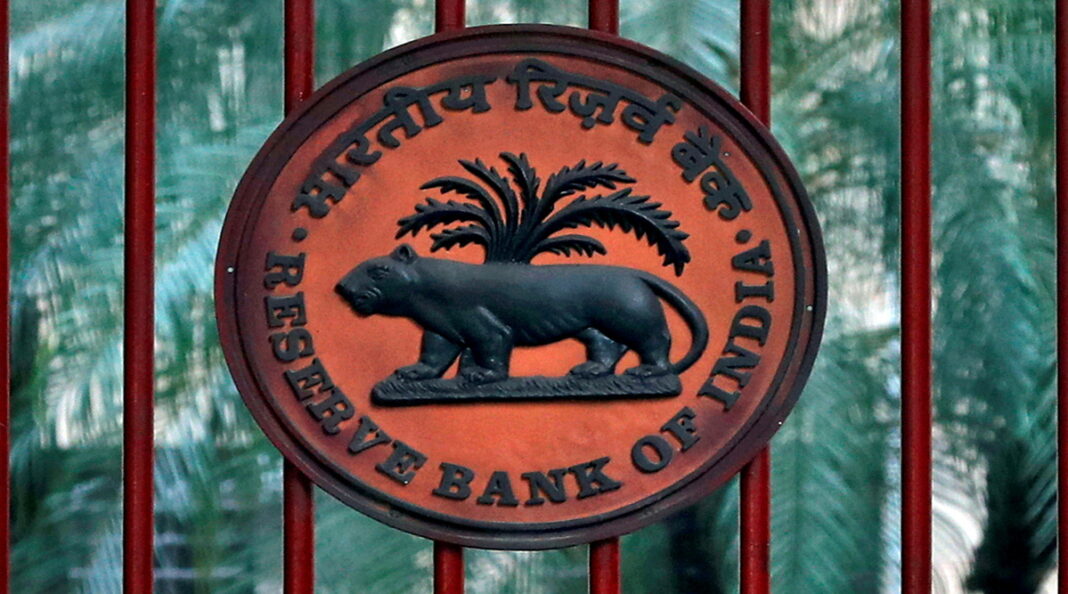By Trisha Shreyashi Reserve Bank of India (RBI) recently rejected six out of eleven applications by entities aspiring for on-tap banking licenses. RBI turned down all the applications for Universal Banks (UBs) on the ground of non-suitability. It rejected applications of VSoft Technologies Pvt Ltd and Calicut City Service Co-operative Bank Ltd for SFBs.
The remaining five applications for SFBs are presently under scrutiny. What is the difference between UBs and SFBs? UBs are financial entities like commercial banks, financial institutions, NBFCs, etc. that undertake multiple financial transactions.
Small Finance Banks (SFBs) are focused financial institutions registered as a public limited company providing banking and credit services to unserved & unbanked regions of the country like marginal farmers, MSMEs, and other non-risk sharing financial activities with RBI’s prior approval. UBs were underscored as a development financial institution (DFI) by the Narsimham committee and the concept of SFBs was laid down in Raghuram Rajan Committee. On-tap bank licensing facility enables a window for making applications for bank licenses at the RBI throughout the year.
This year-round window was introduced in 2016 with the view to further financial Inclusion and creation of more financing institutions. Prior to that, banking licenses were granted upon invitation of applications by RBI to prospective players. The last time RBI granted UB licenses was in 2015 to Bandhan Bank and IDFC Bank.
It approved Unity SFB in 2021 to rescue the scam-hit Punjab & Maharashtra Cooperative Bank. What is the selection process? UBs and SFBs are subject to Banking Regulation Act, RBI Act, and all statutes as applicable to banking entities. The specific guidelines for on-tap licensing of UBs and SFBs in the private sector were issued on August 1, 2016, and December 5, 2019, respectively.
In the first stage, the applications are screened by RBI to ensure prima facie eligibility. Post-screening, it is forwarded to the Standing External Advisory Committee (SEAC) constituted of industry experts and eminent persons with experience in the BFSI sector, appointed for three years. SEAC’s recommendations shall then be examined by the Internal Screening Committee (ISC) consisting of Governor and Deputy Governors.
ISC’s observations shall be forwarded to the Central Board (CB) of RBI that exercises the final discretion to grant in-principle approval for 18 months. Upon the culmination of this period, RBI shall on satisfaction with compliances grant the regular license for commencement of banking business. Who can apply for UB, SFB and UCB licenses? Any individual/entity with at least 10 years of experience in banking and finance at the senior level or private entities with 10 years of successful track record are eligible to apply for on-tap licensing as UBs.
Secondly, aspiring entities ought to have assets of Rs. 5000 crore or above. Thirdly, the required net worth is Rs.
500 crore that has to be maintained at all times. However, large industrial houses are restricted to only invest in UBs up to 10% only. While the guidelines do not restrict applicants to only corporate entities, they vest discretion upon RBI to look for a strong promoter with significant experience and a proven track record.
RBI emphasizes the entity’s track record in conforming to the best international and domestic standards of customer service, integrity, and efficiency. It implies that RBI would grant the licenses on the basis of discretional prudential factors, in addition to rule-based eligibility criteria. For an application for SFB, the individual entity must have 10 years of experience in the BFSI sector at the senior level.
In the case of a corporate entity applicant, it must have at least 5 years of successful track record. Corporate applicants also encompass NBFCs, microfinance institutions, local banks and cooperative banks also. This aids such entities to expand their business on the liability side.
Secondly, the minimum paid-up voting equity capital or net worth is Rs. 200cr. , considering the size of operations and limited scope of activities.
In the case of urban cooperative banks (UCBs) voluntarily transitioning as SFB shall have an initial net worth of Rs. 100 crore only but shall be increased to Rs 200 crores within five years from the commencement of business. However, this conversion model is plagued by ambiguities in promoter identification, investment plans and capital infusion by promoter groups.
Summarily, there are five aspects that applicants ought to fulfill: (i) financial inclusiveness, (ii) soundness of business & technological model, (iii) strong management track record, (iv) sustainable governance, and (v) adequate capital structure. The idea is that local players would be able to align themselves with respective target customer segments. Thus, it is imperative for the remainder and future applicants who fulfill the eligibility criteria that they maintain sustainable financial principles.
(Trisha Shreyashi is a lawyer and columnist. She is a part of academia at Harvard Business Review and Cambridge University Press. Views are personal and not necessarily that of Financial Express Online).
From: financialexpress
URL: https://www.financialexpress.com/industry/banking-finance/explainer-all-about-rbis-on-tap-licensing-policy-for-universal-banks-and-small-finance-banks/2560027/



